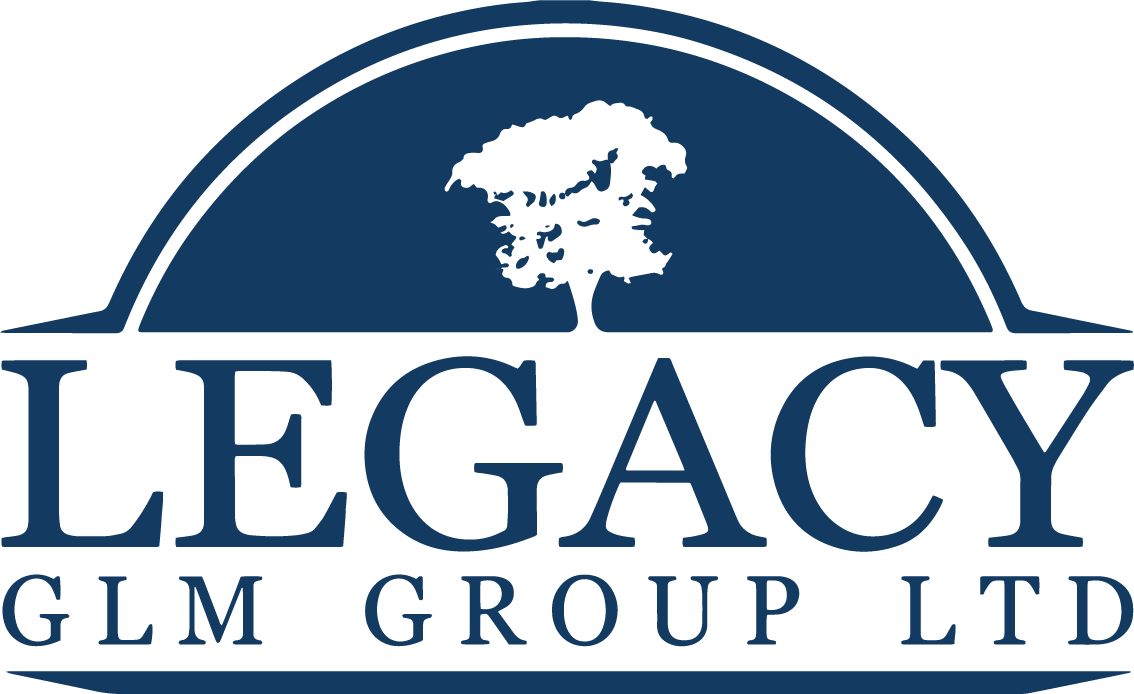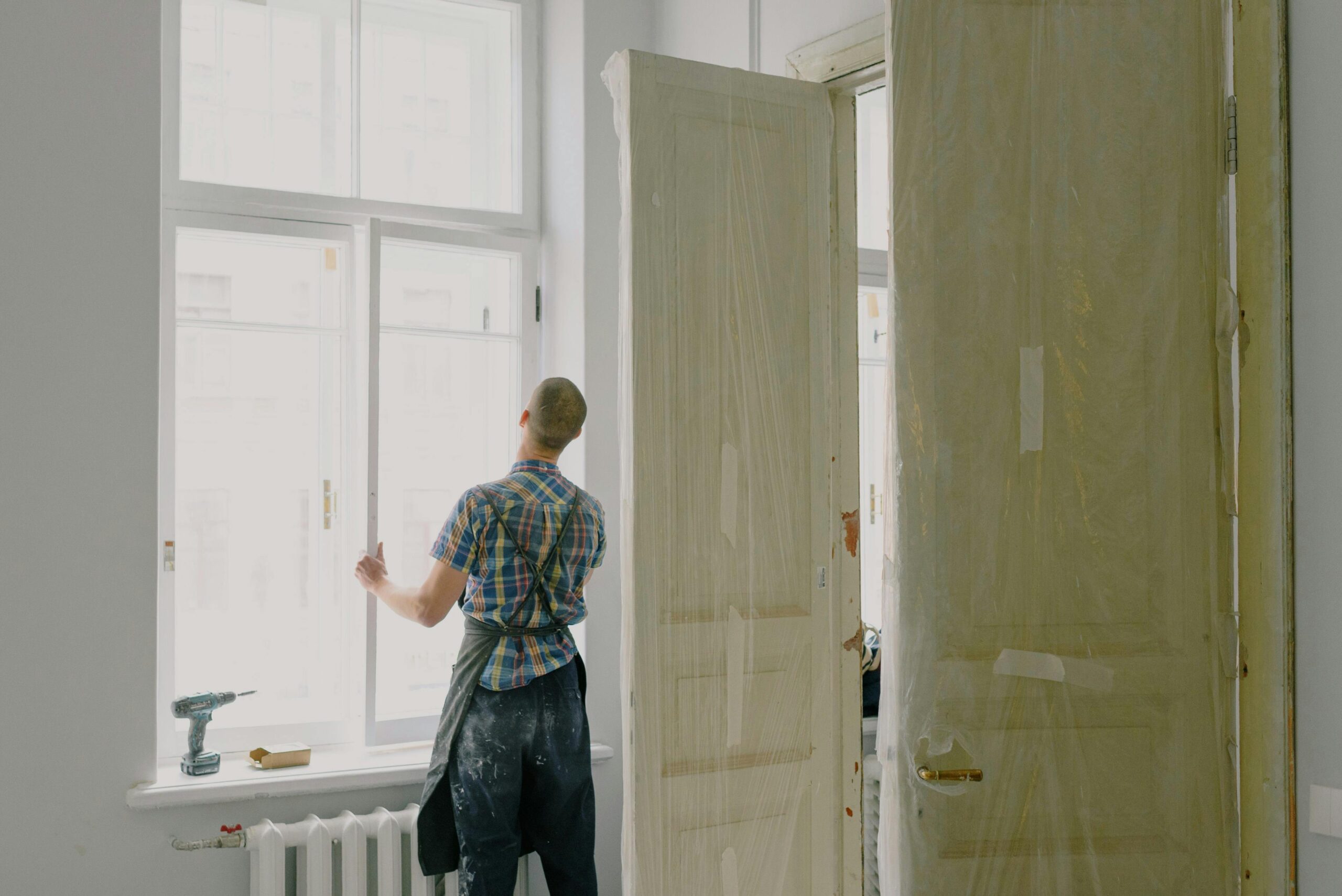
Building maintenance for Hampshire landlords is a key responsibility that ensures rental properties remain safe, habitable, and legally compliant. From plumbing and heating systems to electrical safety and structural integrity, landlords must keep their properties in good condition to protect both tenants and their investment.
A well-maintained property reduces the risk of costly repairs, increases tenant satisfaction, and helps landlords avoid legal disputes. In Hampshire, landlords are legally required to ensure that all essential systems—such as heating, water supply, and fire safety measures—are in working order. Failing to meet these obligations can lead to financial penalties, voided insurance policies, and even tenant injury claims.
One of the biggest challenges for landlords is knowing what needs regular maintenance and how to handle emergency repairs. Issues such as damp, mould, broken boilers, or faulty wiring can escalate if left unchecked, leading to expensive repairs and potential loss of rental income. Proactive maintenance helps prevent these problems, ensuring that tenants have a safe and comfortable living environment.
In this guide, we at Legacy GLM Group will cover the essential maintenance responsibilities for Hampshire landlords, the most common property issues they face, and how to find reliable maintenance services. Whether you manage a single rental home or multiple properties, understanding property maintenance for Hampshire landlords will help you protect your investment and keep tenants happy.
Essential Responsibilities In Building Maintenance For Hampshire Landlords
Landlords in Hampshire have a legal and ethical responsibility to keep their properties in good condition. Property maintenance for Hampshire landlords goes beyond just keeping tenants happy—it is a legal requirement that ensures properties are safe, habitable, and compliant with regulations. Failing to maintain a rental property can lead to financial penalties, voided insurance, and even tenant injury claims. Below are the key maintenance responsibilities landlords must meet.
1. Structural Integrity and Exterior Maintenance
The landlord is responsible for maintaining the structural elements of a property, including:
- Roof repairs – Preventing leaks and structural damage.
- Walls and foundations – Ensuring there are no cracks or signs of deterioration.
- Windows and doors – Keeping them secure, functional, and properly sealed.
A well-maintained exterior not only improves property value but also prevents issues like damp, mould, and energy inefficiency.
2. Heating and Hot Water Systems
Every rental property must provide tenants with reliable heating and hot water. This includes:
- Servicing boilers annually to avoid breakdowns.
- Maintaining radiators and heating controls to ensure efficiency.
- Ensuring hot water tanks and pipes are free from leaks or corrosion.
Boiler failures, particularly in winter, can lead to tenant complaints and emergency repair costs. Regular servicing can prevent expensive breakdowns.
3. Plumbing and Drainage Maintenance
Water supply and drainage systems are crucial to tenant comfort and safety. Landlords must ensure:
- Leaking taps and pipes are repaired promptly.
- Blocked drains and toilets are cleared to prevent damage.
- Sewerage and water pressure are functioning correctly.
Neglecting plumbing maintenance can lead to expensive water damage and health hazards such as mould growth.
4. Electrical Safety and Compliance
Electrical issues pose serious fire and injury risks. Landlords must:
- Have an Electrical Installation Condition Report (EICR) conducted every five years.
- Ensure sockets, switches, and wiring are safe.
- Check that all electrical appliances provided are PAT tested and in good working order.
Faulty electrics are one of the biggest fire hazards in rental properties, making regular inspections a necessity.
5. Fire Safety Compliance
Fire safety is a legal requirement for landlords, and failure to comply can result in severe penalties. Essential fire safety measures include:
- Installing smoke and carbon monoxide alarms in required locations.
- Ensuring fire doors and exits are fully operational.
- Providing fire extinguishers and emergency lighting in Houses in Multiple Occupation (HMOs).
Regular fire risk assessments help landlords stay compliant and protect tenants from potential fire hazards.
6. Pest Control and Ventilation Management
Damp, poor ventilation, and pest infestations can cause significant discomfort for tenants. Landlords should:
- Ensure adequate ventilation to prevent damp and mould.
- Respond quickly to pest problems, such as rodents or insect infestations.
- Check for leaks or water buildup that may attract pests.
Keeping properties well-ventilated and free from infestations ensures a healthier living environment for tenants.
Why Landlords Should Stay Proactive
Handling building maintenance for Hampshire landlords proactively saves time, money, and stress. Regular checks help avoid expensive repairs, protect rental income, and improve tenant satisfaction. Landlords who keep their properties well-maintained will also find it easier to attract and retain responsible tenants.
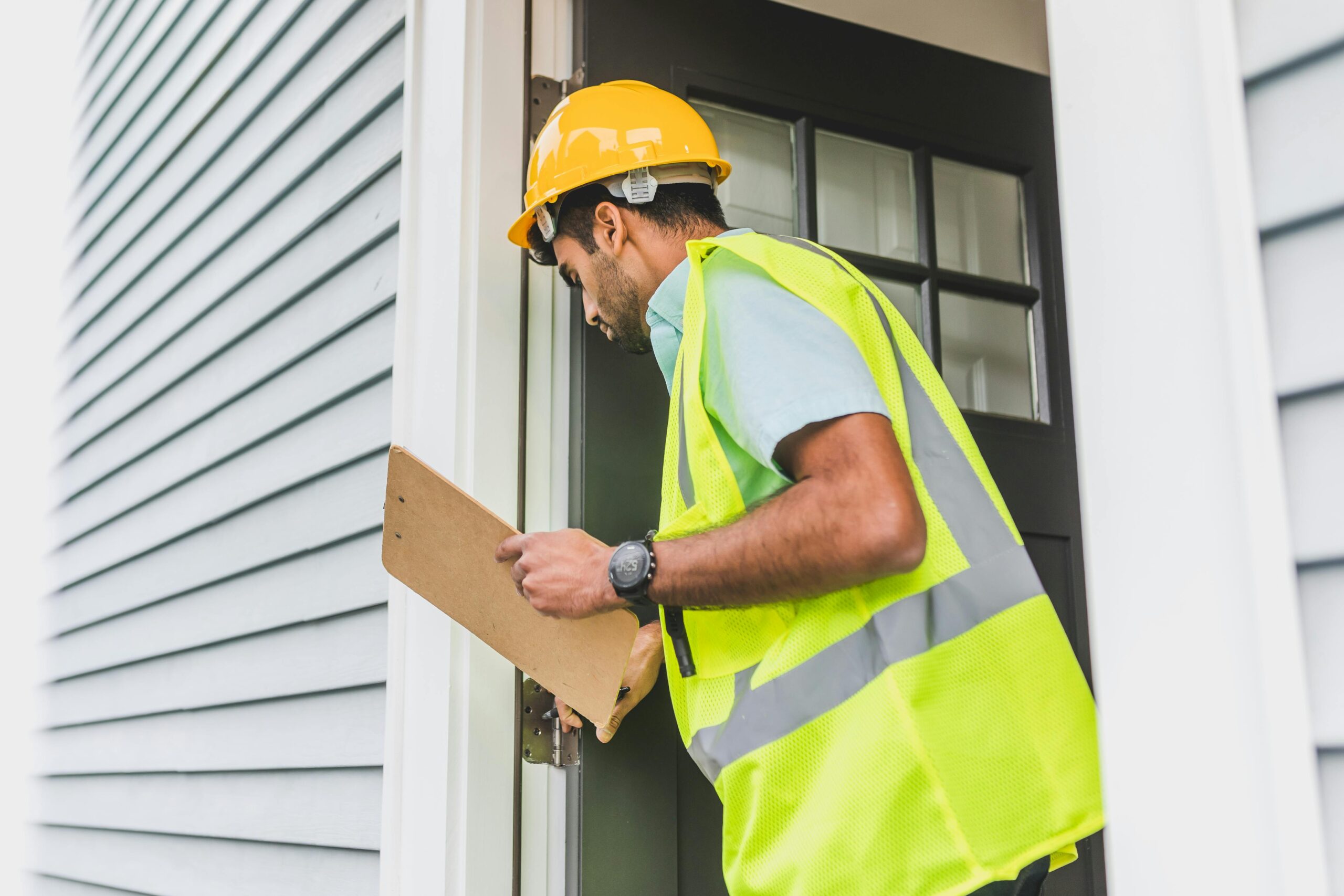
Common Maintenance Issues And How To Fix Them
Even with regular upkeep, landlords will inevitably face maintenance issues that require prompt attention. Building maintenance for Hampshire landlords involves being prepared for common problems that arise in rental properties. Addressing these issues quickly prevents further damage, keeps tenants satisfied, and avoids costly emergency repairs. Below are some of the most frequent maintenance concerns and how to resolve them effectively.
1. Leaking Roofs and Damp Problems
Issue:
- Water leaks from the roof can lead to damp, mould, and structural damage.
- Poor insulation can allow moisture to accumulate inside walls and ceilings.
Solution:
- Inspect the roof regularly for missing tiles or damaged flashing.
- Clean gutters and downpipes to ensure proper drainage.
- Install adequate ventilation to reduce condensation and prevent damp build-up.
2. Plumbing Problems and Drain Blockages
Issue:
- Leaky pipes, dripping taps, and slow drainage are common in older properties.
- Blocked drains and toilets can cause water damage and unpleasant odours.
Solution:
- Regularly check for visible leaks and repair faulty pipes promptly.
- Use drain guards to prevent food waste and hair from clogging pipes.
- Schedule professional plumbing inspections to prevent larger issues.
3. Boiler and Heating System Breakdowns
Issue:
- A broken boiler can leave tenants without heating or hot water, especially in winter.
- Radiators may stop heating effectively due to trapped air or sludge build-up.
Solution:
- Arrange annual boiler servicing to prevent breakdowns.
- Bleed radiators if they are cold at the top but warm at the bottom.
- Check the thermostat and pressure levels to ensure the system is working correctly.
4. Electrical Faults and Safety Hazards
Issue:
- Faulty wiring, flickering lights, and power outages can pose serious safety risks.
- Overloaded sockets and old electrical installations increase the risk of fires.
Solution:
- Have an Electrical Installation Condition Report (EICR) carried out every five years.
- Replace outdated wiring and ensure all electrical work is done by a qualified electrician.
- Install Residual Current Devices (RCDs) to reduce the risk of electrical fires.
5. Mould and Ventilation Issues
Issue:
- Poor ventilation leads to condensation, damp, and mould growth, which can cause respiratory problems.
Solution:
- Ensure extractor fans are working in kitchens and bathrooms.
- Encourage tenants to open windows regularly to improve airflow.
- Use dehumidifiers in high-moisture areas to prevent damp-related issues.
Why Quick Action Matters
Delaying repairs can lead to more costly damage, potential tenant disputes, and legal consequences. By staying on top of property maintenance for Hampshire landlords, property owners can protect their investment while ensuring tenants live in a safe, well-maintained home.
Preventative Maintenance Vs Reactive Maintenance: What’s Best For Landlords?
Building maintenance for Hampshire landlords can be approached in two main ways—preventative maintenance and reactive maintenance. While both have their place in property management, understanding their differences helps landlords decide which approach is best for maintaining their rental properties efficiently and cost-effectively.
1. What is Preventative Maintenance?
Preventative maintenance involves regular inspections, servicing, and repairs to stop issues before they arise. This proactive approach helps landlords avoid sudden breakdowns and expensive emergency repairs.
Examples of preventative maintenance include:
- Annual boiler servicing to prevent heating failures.
- Checking and cleaning gutters to avoid water damage and roof leaks.
- Inspecting electrical wiring and sockets to prevent fire risks.
- Sealing cracks and gaps to prevent damp, mould, and pest infestations.
By identifying minor issues early, preventative maintenance ensures properties remain in good condition, reducing the risk of larger and more costly repairs.
2. What is Reactive Maintenance?
Reactive maintenance involves fixing issues only when they occur. This approach is useful for handling sudden breakdowns or unexpected damage that cannot be anticipated in advance.
Examples of reactive maintenance include:
- Repairing a burst pipe after a sudden leak.
- Fixing a broken window due to storm damage.
- Replacing faulty electrics after a power failure.
- Unblocking drains after tenants report a blockage.
While reactive maintenance allows landlords to avoid unnecessary servicing costs, delaying certain repairs can lead to bigger problems and higher expenses over time.
3. Cost Differences: Which Saves More Money?
The cost-effectiveness of each approach depends on the type of maintenance issue:
- Preventative maintenance costs are more predictable, allowing landlords to budget for inspections and servicing.
- Reactive maintenance can lead to higher emergency repair fees, especially for urgent issues such as plumbing leaks or electrical faults.
For example, servicing a boiler costs far less than replacing one after it breaks down in winter. Likewise, regularly maintaining roofs and drainage systems prevents costly structural repairs caused by long-term water damage.
4. What’s the Best Approach for Hampshire Landlords?
A combination of both preventative and reactive maintenance is often the most cost-effective strategy. Landlords should:
- Schedule routine checks for essential systems like heating, electrics, and plumbing.
- Respond quickly to urgent tenant-reported issues to avoid escalating repair costs.
- Work with professional maintenance services to ensure properties remain in excellent condition.
Why a Balanced Approach is Best
Neither preventative nor reactive maintenance alone is a perfect solution. By balancing both approaches, landlords can keep repair costs under control, avoid legal risks, and ensure their rental properties remain attractive to tenants. Investing in property maintenance for Hampshire landlords ultimately protects both the property and the landlord’s financial investment.
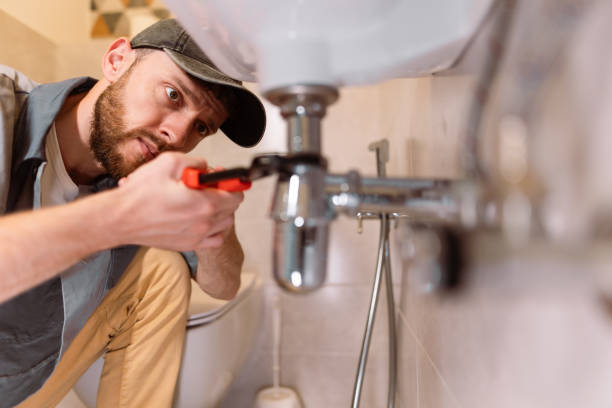
Finding Reliable Maintenance Services In Hampshire
Finding a trusted provider for building maintenance for Hampshire landlords is essential for keeping rental properties in good condition while avoiding unnecessary expenses. A reliable maintenance service ensures that repairs are handled quickly, tenants remain satisfied, and landlords comply with legal obligations. Here’s how landlords can choose the best maintenance provider in Hampshire.
1. Look for a Full-Service Maintenance Provider
Some companies specialise in only one type of repair, such as plumbing or electrics. However, landlords benefit most from a provider that offers comprehensive maintenance services covering:
- Plumbing and drainage – Fixing leaks, blocked drains, and burst pipes.
- Heating and boiler servicing – Ensuring tenants have reliable hot water and heating.
- Electrical safety checks – Conducting EICR inspections and repairing faulty wiring.
- Roof and exterior repairs – Preventing structural damage and damp issues.
- Emergency maintenance – Providing urgent repairs when needed.
A full-service provider saves landlords time and money by offering one point of contact for all repairs.
2. Check Experience with Rental Properties
Not all maintenance companies understand the unique challenges of rental properties. When choosing a provider, landlords should look for:
- Experience working with letting agents and landlords.
- Knowledge of landlord responsibilities and legal compliance.
- The ability to provide fast and cost-effective repairs to minimise tenant complaints.
An experienced provider ensures that maintenance is handled professionally while keeping repair costs reasonable.
3. Ensure 24/7 Emergency Response Availability
Some maintenance issues, such as boiler breakdowns, leaks, or electrical failures, need urgent attention. A good maintenance provider should:
- Offer 24/7 call-out services for emergency repairs.
- Respond quickly to prevent small problems from escalating.
- Have a team of skilled professionals available for urgent fixes.
Delays in repairs can lead to tenant dissatisfaction, damage to the property, and potential legal disputes.
4. Verify Reputation and Reviews
A company’s reputation is one of the best ways to assess its reliability. Before hiring a maintenance provider, landlords should:
- Read Google reviews and testimonials from other landlords.
- Ask for recommendations from letting agents or property managers.
- Check whether the company has experience with multiple rental property types.
Positive feedback from other landlords is a strong indicator of a trustworthy and efficient service.
5. Compare Pricing and Service Contracts
Landlords should look for a transparent pricing structure to avoid hidden fees or unexpected costs. Key things to check include:
- Call-out fees – Are they reasonable, or are emergency visits overpriced?
- Fixed pricing vs hourly rates – Does the provider charge fairly for repairs?
- Maintenance contracts – Can landlords get better rates by signing up for ongoing services?
A well-structured pricing system helps landlords budget effectively and avoid costly surprises.
Why Choosing the Right Maintenance Provider Matters
Reliable building maintenance for Hampshire landlords ensures that rental properties remain in excellent condition without excessive repair costs. By choosing an experienced, full-service provider with a strong reputation, landlords can maintain their properties efficiently while keeping tenants satisfied.
Protect Your Investment With Reliable Building Maintenance
We believe that building maintenance for Hampshire landlords is not just about fixing problems—it’s about protecting investments, ensuring tenant satisfaction, and staying compliant with legal obligations. A well-maintained property retains its value, attracts responsible tenants, and prevents costly repairs that could have been avoided with timely intervention.
Landlords who take a proactive approach to maintenance benefit from fewer tenant complaints, reduced emergency repair costs, and a safer living environment. Whether it’s routine servicing of heating and plumbing systems, electrical safety checks, or urgent reactive repairs, working with a trusted maintenance provider makes all the difference.
At Legacy GLM Group, we provide comprehensive building maintenance services tailored to landlords across Hampshire. From preventative checks to emergency repairs, our expert team ensures that your properties remain in top condition.
If you’re a landlord looking for a reliable and cost-effective maintenance solution, we’re here to help. Contact Legacy GLM Group today at 02392 985 776 to discuss your property maintenance needs. Let us take the stress out of maintaining your rental properties so you can focus on growing your investment.
Share This Post
Quick Links
- Essential Responsibilities In Building Maintenance For Hampshire Landlords
- Common Maintenance Issues And How To Fix Them
- Preventative Maintenance Vs Reactive Maintenance: What’s Best For Landlords?
- Finding Reliable Maintenance Services In Hampshire
- Protect Your Investment With Reliable Building Maintenance
